![]()
» Why Rouhani Insists on Holding Press Conferences?
This editorial of Shargh daily elaborates on the reasons why President Hassan Rouhani is losing his popularity.
The editorialist believes that President Rouhani has kept losing people’s votes since the beginning of his second term due to the way he has handled his press conferences. Most Iranians watch TV to hear Rouhani’s words about their problems, ranging from unemployment, air pollution, traffic, surging US dollar, dust particles in Ahvaz and increasing poverty line to Iran’s foreign policy, including its issues with neighboring countries as well as the U.S.
However, instead of satisfying people’s expectations, Rouhani only makes some generalizations and gives some empty promises. For instance, in his recent press conference, when asked about the jumping rate of US dollar, he said some decisions have been made to control the currency fluctuation, a part of which has been already announced or will be announced by the governor of central bank. This shows that Iran’s President has no policy in this regard, except for advising people not to buy US dollar or Euro.
The editorialist then focuses on Rouhani’s take on Iran’s foreign policy. Regarding the U.S. exiting JCPOA in May 2018, all Rouhani said was that Iran’s relations with Europe is much better than before, and that Europe would not support the U.S. decision. It is highly unlikely that Iran’s President has no information about Europe’s trade relations with America which amounts to more than $1,000 billion annually, compared to that of Iran which is merely almost $20 billion.
The editorialist ends by saying although Rouhani’s limitations are understandable, he can surely find a way to tell the truth to Iranian people.
An Editorial in Shargh daily on February 7, 2018
» This Time, Neglecting Role of JCPOA
The editorial of Arman Emrouz newspaper deals with new strategy of U.S. President Donald Trump with regard to the nuclear deal (JCPOA) between Iran and P5+1.
According to the editorial, recent reactions of Donald Trump show his seeking to undermine the significance of JCPOA in international and regional issues, as well as global peace and security. This means that Trump’s advisors have proposed that for achieving his goal, the U.S. president must move towards ignoring the JCPOA.
The editorial continues: the U.S. president tries to keep the nuclear deal on the paper but damage the spirit of JCPOA in such a way that Iran doesn’t enjoy the benefits of the nuclear deal. Trump is also trying to pressure his European allies to stand with the U.S against the JCPOA. Even though EU member countries, particularly France and Germany, have announced their remaining committed to JCPOA, it doesn’t mean that they can resist the U.S. pressure to the end. It seems that the more Trump puts pressure on Europeans, the more Europeans have to pressure on Iran.
The editorial concludes: France’s proposal for credit line for Iran is a solution for coming out of current deadlock, with all parities enjoying the benefits of JCPOA. Iran will be able to use these credit lines for economic transactions with the French. This solution can somehow create openings in the existing deadlock in the financial circulation, as it can open windows for European companies to directly give credit lines, without violating the U.S. initial sanctions.
An Editorial in Arman Emrouz on February 6, 2018
» Character Assassination; Common Currency in Politics
The editorial of Arman Emrouz newspaper addresses the issue of character assassinations in Iran’s political atmosphere.
According to the editorial, along with military capabilities, the political power of the country in domestic and foreign affairs, as well as public trust, basic rights, freedom of thought and eventually cultural and economic developments, must increase. And all these factors must be deployed together.
The editorial continues that during these years, defamatory moves such as questioning the president have been common. Slander and political backbiting in political atmosphere have been circulating like a common currency. In some political currents, being radical is privileged, and such character assassination has even reached the Parliament. Slander, demonizing and making the society frustrated have become serious, widespread issues, and nothing serious is being done with regard to these defamatory radical moves. These individuals and institutions must be stopped, while hope towards future must increase in the society.
The editorial concludes that the anniversary of victory of Iranian Revolution in Iran is the best opportunity for coming to senses, adding that political groups and currents must always try to achieve national reconciliation and unity so that people’s demands are realized.
An Editorial in Arman Emrouz on February 5, 2018
![]()
♦ Baghaei claims: Jahangiri is thinking of leadership council
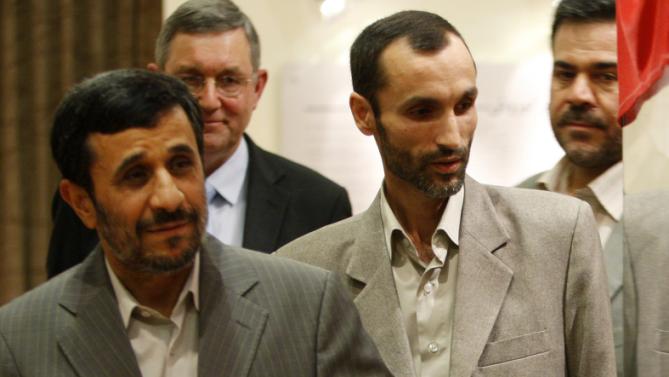
Hamid Baghaei, vice president of former president Mahmoud Ahmadinejad, said, after his own court session for financial charges, that in the constitution of Rajaee and Bahonar Reserve Funds, it is written that if these funds are dissolved, the assets will go “the leader or leadership council” which means “these people have already predicted leadership council”. According to Baghaei, this indicates that Jahangiri (Iran’s first vice president) has thought of creating leadership council, after imminent death of Iran’s 78-year old leader, Ali Khamenei.
As Ali Khamenei approaches end of his life, the question of Iran’s leadership has raised many speculations and questions as to the future of this institution.
Ensaf news
♦ Parliamentarian: Officials’ foreign trips to be limited
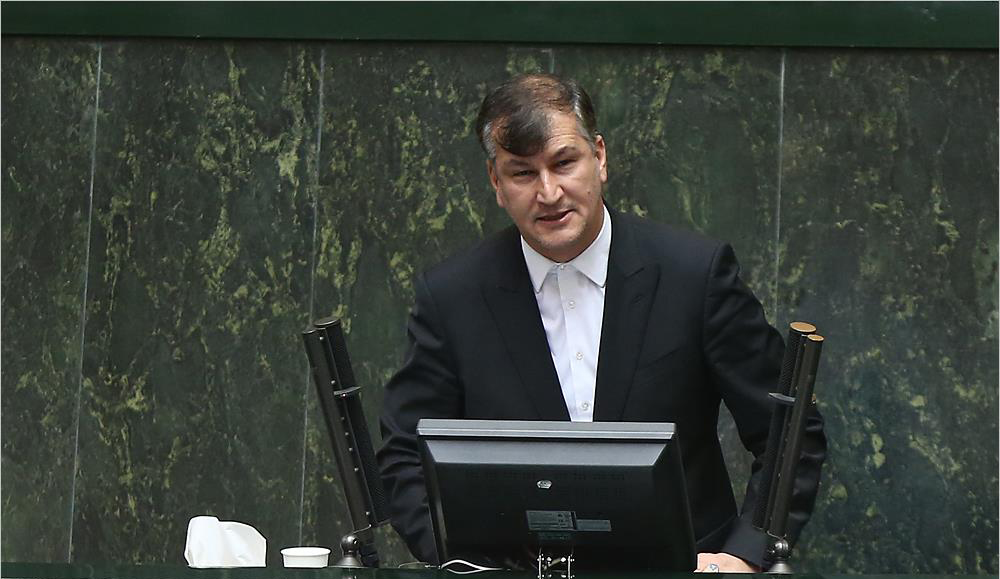
MP Mohammad Mehdi Boroumandi, member of Parliament’s board overseeing foreign trips, announced limiting government officials’ foreign trips. He said that the board is trying to cut down unnecessary trips of government organizations, adding that requests of executive organizations offered to this board will be decided based on number of individuals and length of trips.
Boroumandi urged that foreign trips of government organizations in 11th and 12th governments show 50% reduction compared to Mahmoud Ahmadinejad’s 9th and 10th governments.
Vatan Emrooz
♦ Health Ministry: Air pollution causes cancer; stay home
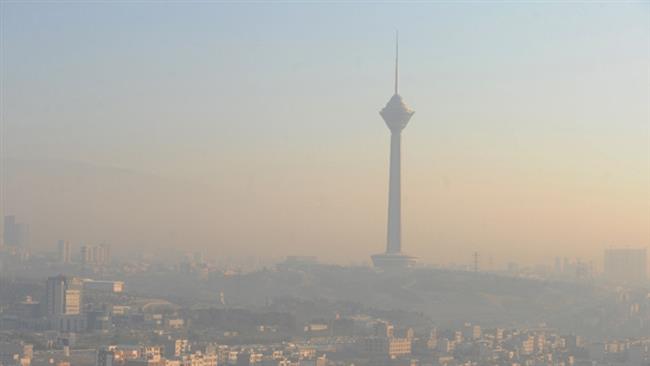
Shahsavani, head of work group of Healthy Weather in Health Ministry, explained short and term long term consequences of air pollution on citizens’ heath, asking people to limit their traffic in open spaces and to not send children to parks and open spaces, in case of schools closing. Shahsavani pointed out to the problem of air pollution in big cities and Tehran and its consequences for people, adding that after recent precipitations in Tehran and during past few days, once again weather index is very unhealthy, according to air pollution monitoring stations. He continued that according to world health organization, long time exposure to polluted air will certainly cause cancer, adding that in the long run, air pollution will cause lung diseases and will put heavy burden on the government and health ministry.
ISNA
♦ Lawmaker: Russia acts on interests, not ideology
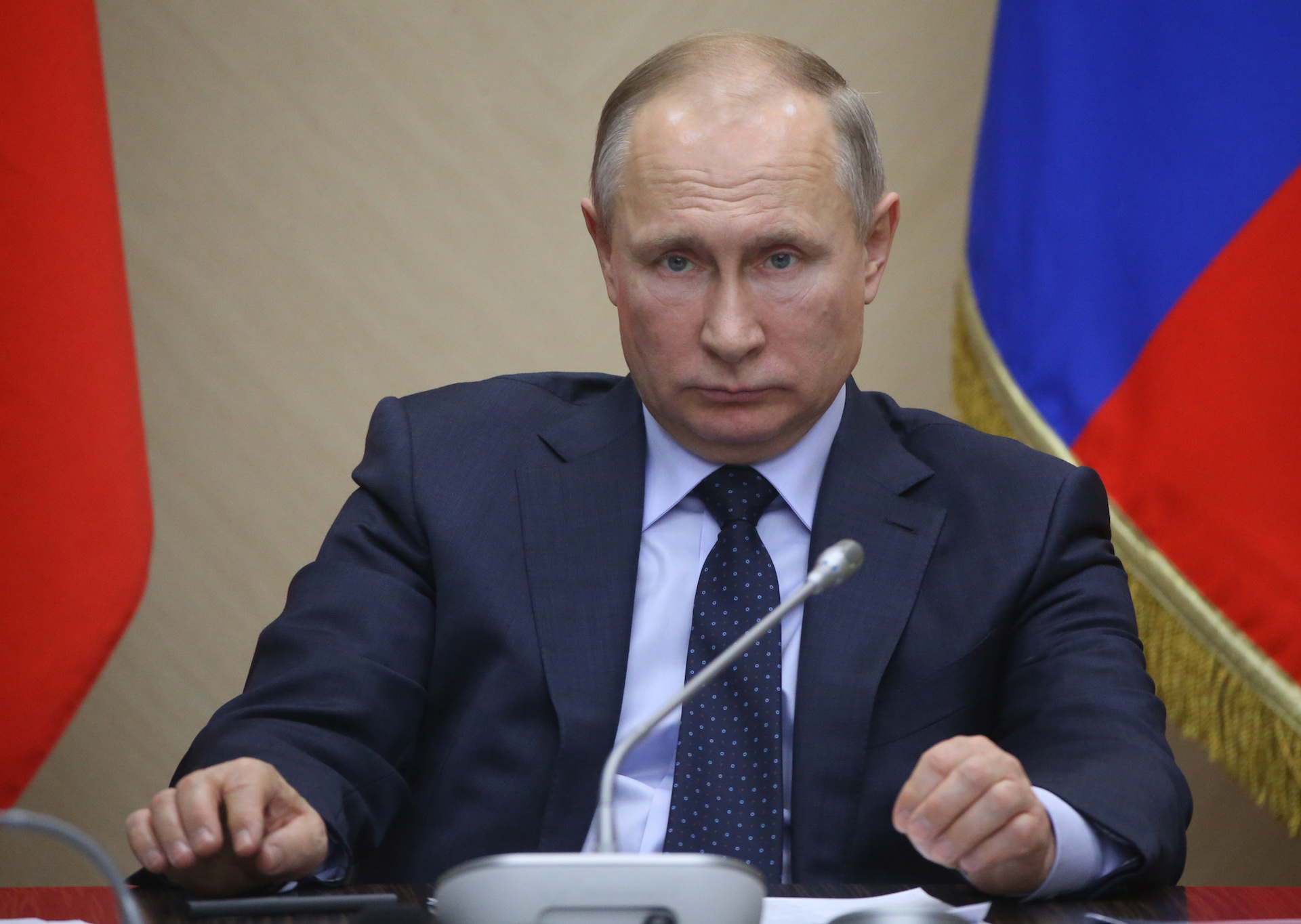
Jalal Mirzaee, member of Omid Fraction in Iranian Parliament, mentioned the fact that Russia doesn’t have any permanent friends or enemies, urging that Iran, in its relationship with Russia, must be after its own interests, apart from any ideological views. Mirzaee explained that Russians, unlike former Soviet Russia, do not have an ideological look towards issues, and are after securing their interests, adding that in recent years Iran-Russia relationships have developed based on common interests and threats for both countries. Mirzaee went on to add that interests and threats are not permanent, and now after defeating ISIS in Syria and Iraq, the grounds for developing Iran and Russia relationships have reduced and are not as before.
Parliament news agency
♦ Ahmadinejad slams Iranian head of judiciary once again
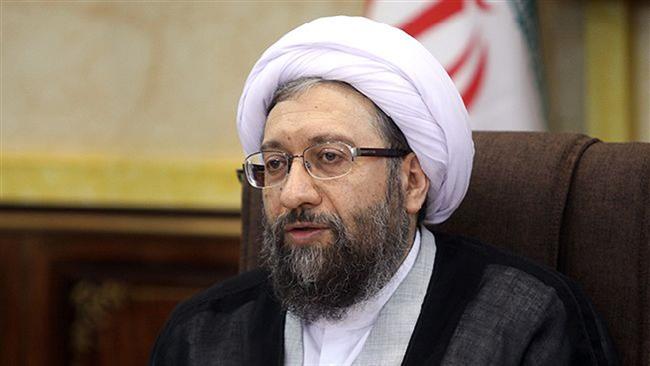
Former Iranian president Mahmoud Ahmadinejad, in a harsh statement against the judiciary system, objected to arrests of his supporters, saying, “the judiciary system has become the main pillar of injustice against the nation.” In the statement issued on the occasion of anniversary of 1979 revolution in Iran, Ahmadinejad adds that “those who are dreaming of becoming the leader or president in future apparently assume that they will pave the way for themselves with removing us.”
In recent months, eight media activists who supported Mahmoud Ahmadinejad in different cities were arrested. Mahmoud Ahmadinejad and people close to him, particularly Esfandiar Rahim Mashaee and Hamid Baghaei, have harshly criticized the current conditions in the country and performance of judiciary system and Larijani brothers who are heads of judiciary and legislative branches in Iran.
Radio Farda
♦ Rahimi: Information exchange to empower Iran, Russia
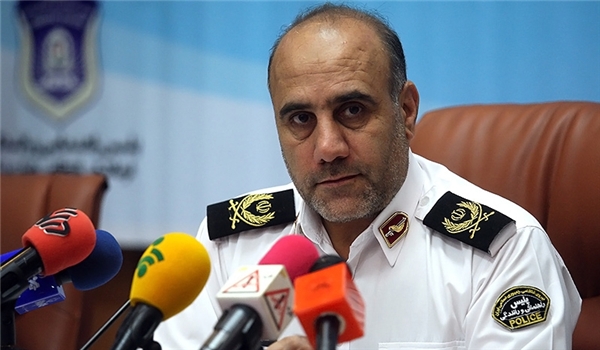
Tehran Police Chief, Brigadier-General Hossein Rahimi, in his meeting with General Sergei Plakhikh, Moscow Police Chief, pointed out to capacities of police forces of Iran and Russia, adding that Tehran and Moscow police forces can prevent crimes and bilateral exchange of information can foil social damages.
General Sergei Plakhikh who is visiting Tehran said Moscow police can use Iranian police for security of soccer World Cup 2018 in Russia, adding that there are consulting in this regard, but nothing has been finalized yet. He urged that with increasing cooperation, Tehran and Moscow police forces can better overcome issues such as drug, crimes and extremism.
IRNA
♦ Government offices, ministries conceal dual nationalities
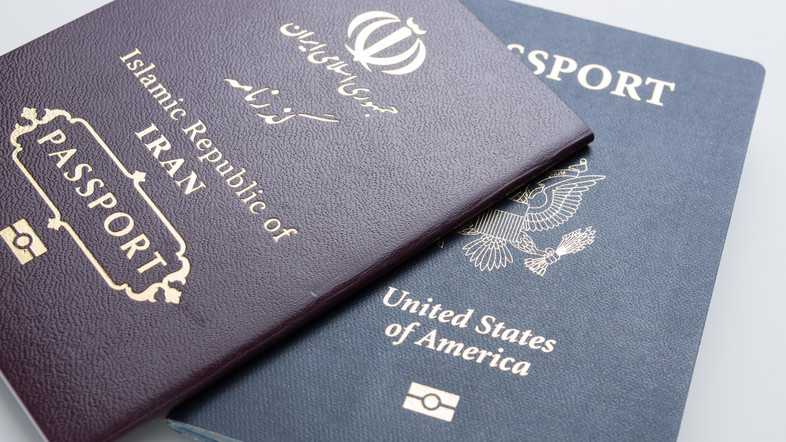
While the Parliament’s board of investigation with regard to dual nationality and Green Cards among senior officials and managers has identified and introduced 100 managers with dual nationalities, some ministries have announced that they don’t have any individuals with dual nationality, and some ministries have not responded to the Parliament at all. Only 11 managers with dual nationality have been introduced to the Parliament, and ministry of agriculture has offered a list of individuals with dual nationality.
Afkar
♦ Nobakht promises employment, poverty reduction and housing for poor next year
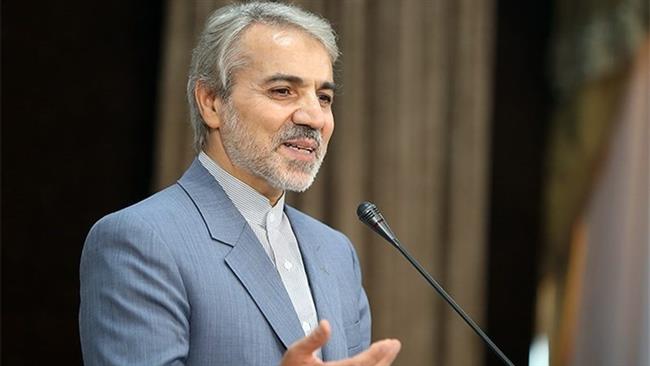
Mohammad Bagher Nobakht, Vice President and head of Planning and Budget Organization, said next year is the year of increasing employment, reducing poverty and providing housing for the poor. He added according the 2018 Budget Bill, there are two big objectives: creating more than 1 million and 33 thousand job opportunities, and making manufacturing units more active to create more employment for the youth. According to Nobakht, in 2018 Budget, reducing and zeroing poverty until the end of 12th government is in the agenda. The budget for providing housing for the poor has increased from 4,000 to 7,000 billion Tomans.
Mizan online
♦ Iran takes more from joint oil field with Iraq
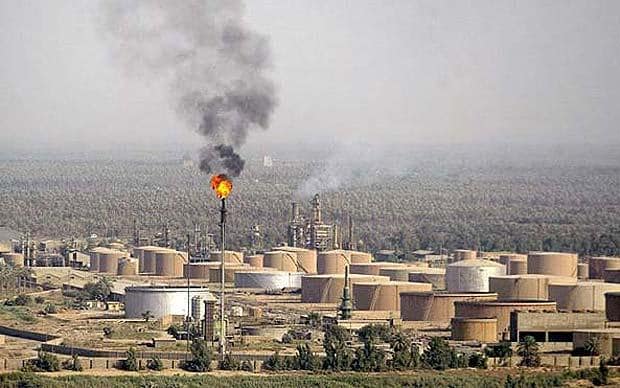
CEO and head of board of directors of Oil and Development Company, Nooroldin Shahnazizadeh, announced the latest difference in Iran and Iraq taking oil from west Karun joint oil fields between the countries. Shahnazizadeh said while Iran was behind Iraq in taking oil from west Karun joint oil fields in mid-2016, Iran is currently taking more than Iraq.
Iran’s currently producing 320,000 barrels of oil from west Karun joint oil fields per day, while Iraq is taking 300,000 barrels from Azadegan and Yadavaran fields. Nooroldin Shahnazizadeh urged that in alignment with Resistance Economy, Iran must reach 350,000 barrels per day by mid-March 2018.
Abrar Eqtesadi
♦ Earthquake-stricken orphans in need of second home
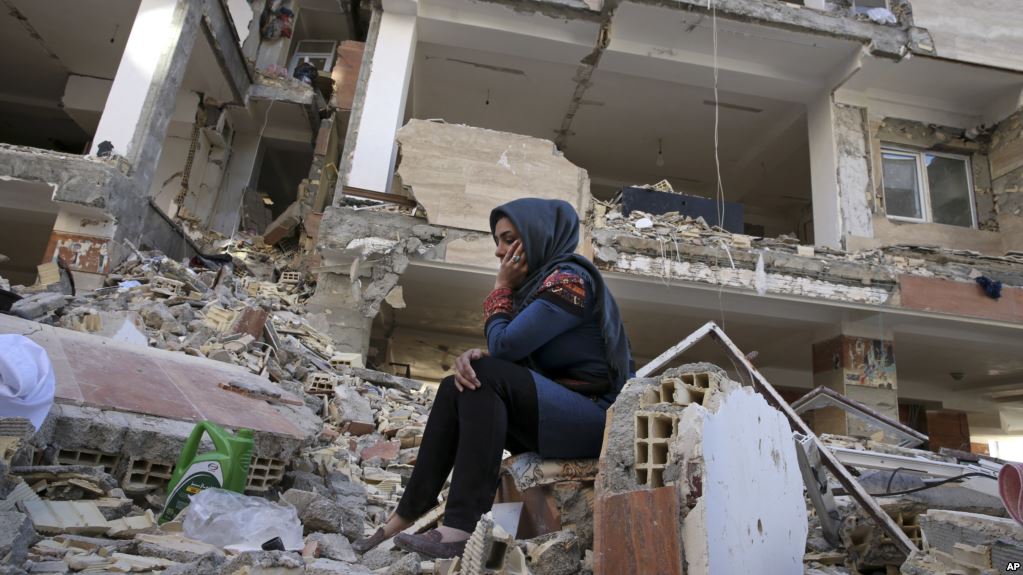
Afshin Tabatabaei, psychologist and social researcher, said earthquake-stricken children who have lost their parents and guardians need ‘second homes’ to reach mental security through mentally connecting with the new family. He added that these children feel frustrated and very sad and must be under psychological treatments. Tabatabaei urged that if these children are left without support, they will suffer from mental problems in future due to traumatic scenes they have witnessed.
Recently, a strong earthquake hit Kermanshah Province, northwest of Iran, leaving many dead and homeless.
Aftab Yazd
♦ Severe heat, diseases kill slum dwellers in Bandar Abbas
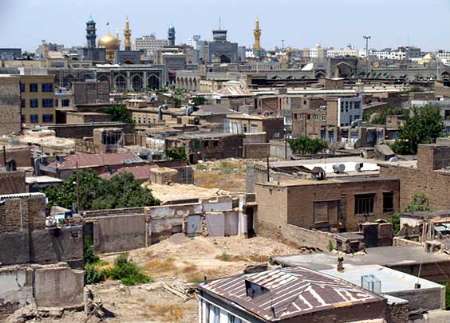
This report focuses on tough conditions of life for slum dwellers in Bandar Abbas, southern Iran, and how they are deprived of basic conditions for a life with dignity. There are 60 households of slum dwellers who, along with their children, move to Bandar Abbas in autumns and winters and go to southern Kerman in springs and summers. Their children are deprived of the simplest facilities for living, while some of them do not have any birth certificates or ID cards and suffer from different kinds of diseases.
Due to water, many of children living in these slums are suffering from skin diseases, and as they don’t have any insurance, they cannot go to hospitals. These skin diseases have been occasionally fatal during past years. The other issue that these people -particularly children -grapple with is change in weather – from intolerable heat to sometimes incessant rain that floods their tents.
Ebtekaar
♦ 25% growth in Iran’s export to China in 2017
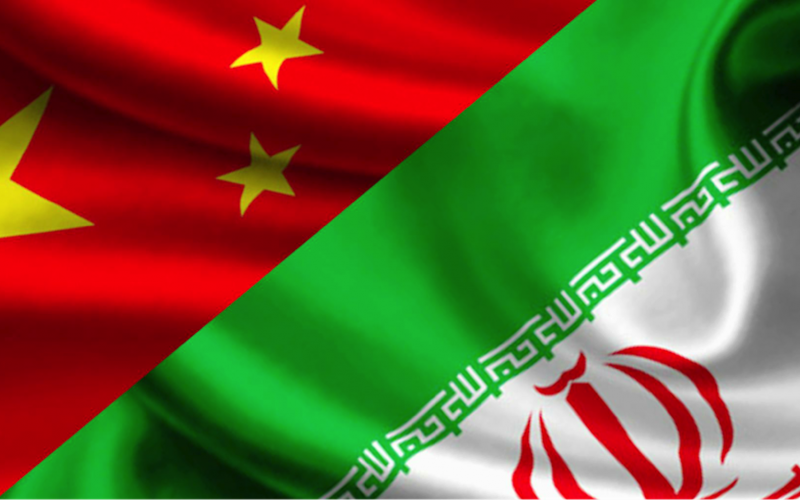
Head of Desk of Industrial Countries’ Market in Trade Promotion Organization, Hossein Roostaee, said Iran’s total export to China had more than 25% increase in 2017. He added that Iran’s total export to China in 2017, with 25.2% growth, reached 18 billion and 580 million dollars. The most important exported items from Iran to China were crude oil, polyethylene, methanol, sulfur, styrene, iron ore.
Abrar Eqtesadi
♦ Former intelligence minister: IRIB, some Friday mass prayer leaders, Ahmadinejad had role in recent unrests
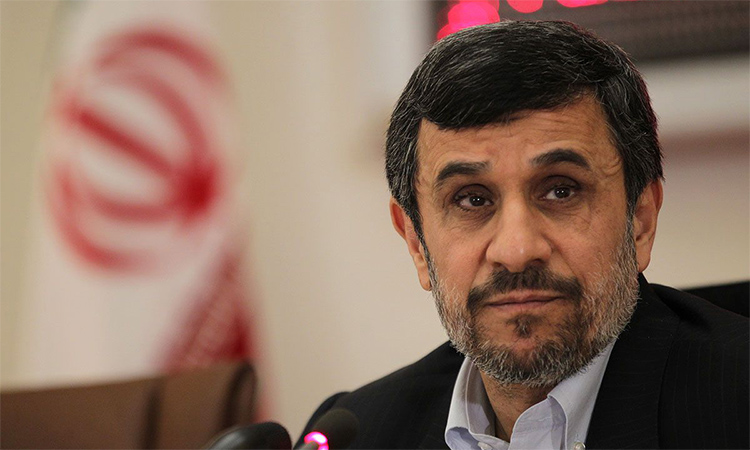
Ali Yunesi, special consultant to president in religious and ethnic minorities’ affair and former intelligence minister, said without doubt, some Friday mass prayer leaders, Iranian state-run TV (IRIB), some newspapers and some organizations had a role in recent unrests. He said former president Mahmoud Ahmadinejad’s current also played an important role in these unrests.
In recent popular protests, people all over Iran took to streets against Iranian regime, chanting subversive slogans against the whole Iranian establishment. More than 20 people were killed, and more than 3,700 people were detained.
Aftab news
♦ 37% of Iranians under poverty line
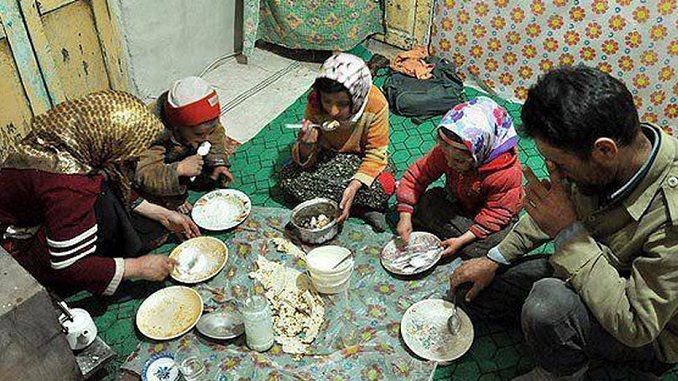
Vahid Shaghaghi Shahri, member of academic board of Kharazmi University, said according to labor minister, 37% of Iranians are under poverty line, adding that the government, to fight absolute poverty, must increase people’s purchase power and create employment in economy.
Shaghaghi urged that in inflation and widespread unemployment, the number of unemployed people will increase, and their income and purchase power will decline. According to Shaghaghi, ‘unfortunately, our tax system is formulated to the advantage of rich people’, which is why the government cannot use the tax system to eradicate poverty.
Jahan Sanat
♦ Lawmaker: Widespread respiratory diseases in Ahwaz due to dusts
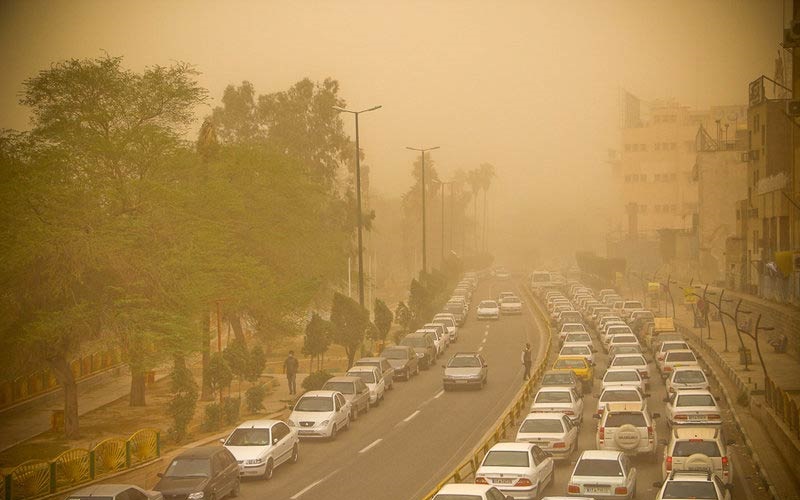
Ahwaz MP Javad Kazem Nassab pointed out to the fact that the ‘issue of dust in Ahwaz has not improved’, adding that respiratory diseases have become widespread in this region. He added that dust in this province will not be easily controlled, but requires time, means and water.
As for drawing $150 million from National Development Fund for dealing with issue of dust, Kazem Nassab said this amount is for controlling dusts all over the country and is not enough. He said in addition to respiratory diseases in Ahwaz, brain drain, as well as experts and employees leaving this province, is another consequence of this crisis.
Iran
♦ Italy, biggest importer of Iran’s oil in 2017
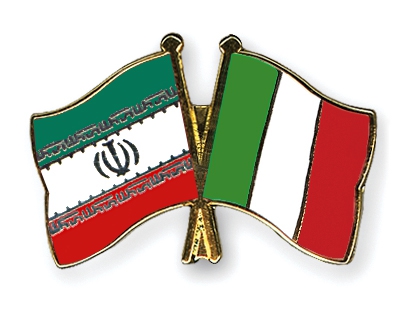
Currently, about 38 to 40 percent of Iran’s export of crude oil (2.2 million barrels) is to European countries, and export market for Iran’s oil in Europe extends from Turkey and Greece to Russia, Belorussia, Hungary, Poland, Croatia, France, Italy, Spain, and even Britain. Iran’s export of oil to Europe in 11 months of 2017 reached 9.3 million euros, with 2% growth compared to the same period in 2016.
European Commission has called Italy the biggest importer of Iranian oil in 2017 with more than 3 million euros, which comprises 32% of Iran’s oil export to Europe. France ranks second with $2.2 million share of Iran’s oil export.
Abrar
♦ 29 thousand households at risk of unsafe foods
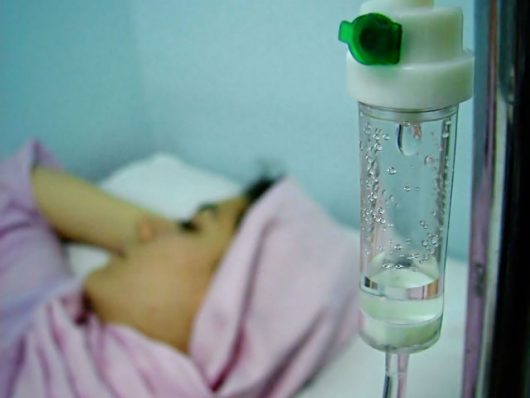
Deputy health minister Alireza Raisi pointed out to 10 main factors of non-contagious diseases in Iran, emphasizing that ‘with cooperation of other organizations, we have tried to identify those households that are at risk of unsafe foods, and out of 29 thousand households that have been identified, 8,000 cases are at risk of moderate and severe unsafe foods.’
Raisi said many of existing diseases in the society are due to poor nutrition models, adding that currently 1,300 nutrition experts are working at health centers.
Ebtekar
♦ 30% of Iranian population to grow old in next 3 decades
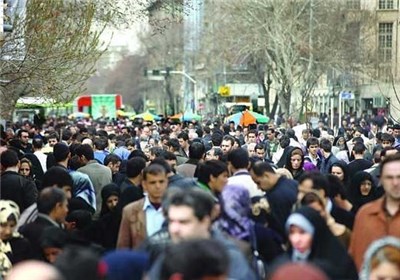
Head of Welfare Organization Anoshirvan Mohseni Bandpay said it is predicted that in next 30 years, 30% of the country’s population will grow old. He added that according to last year’s census, about 9.3% of the country’s population are comprised of the elderlies. This official pointed out to good measures have been taken in support of elderly people, urging that currently 92 elderly women are kept in the second residential complex.
Iran
